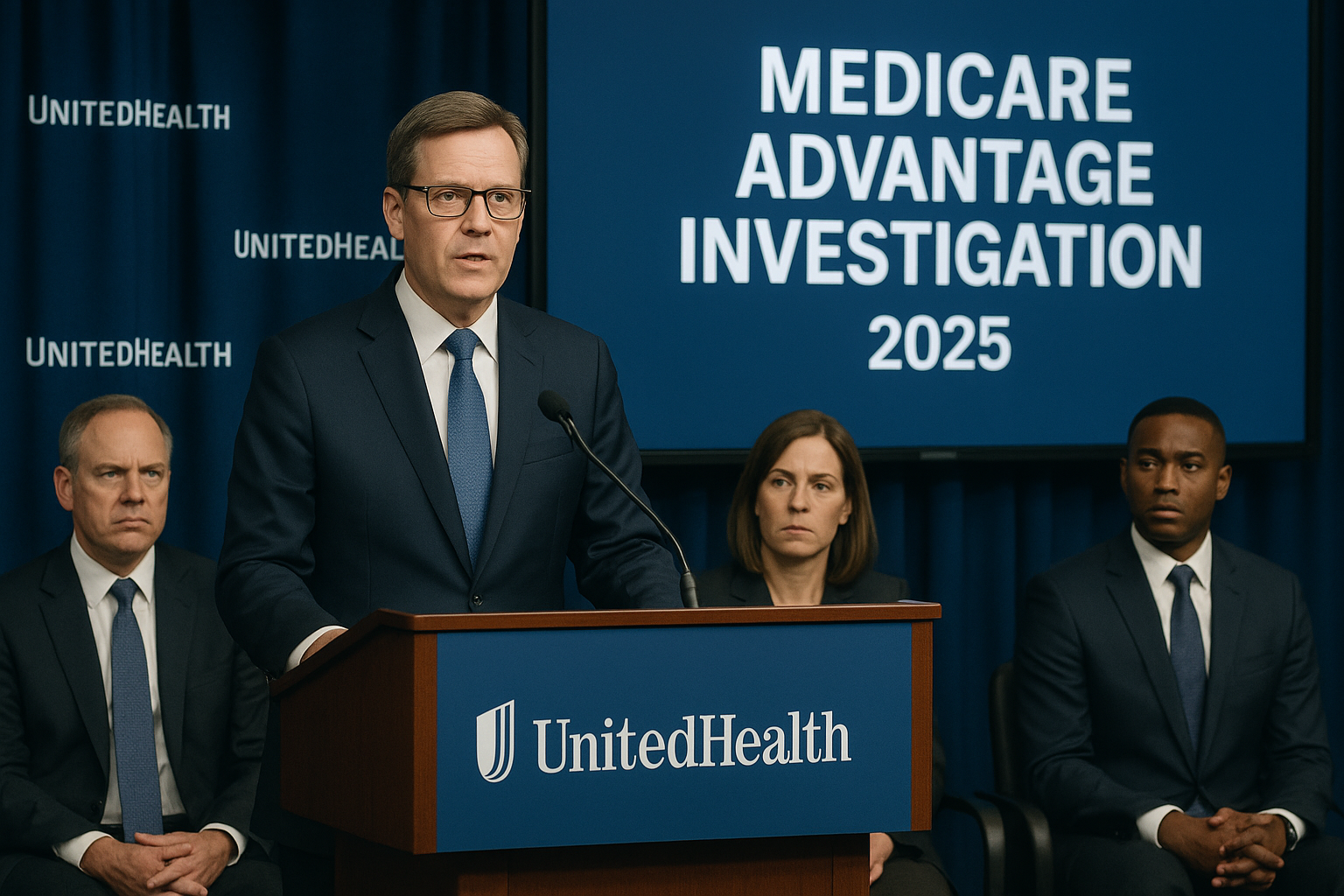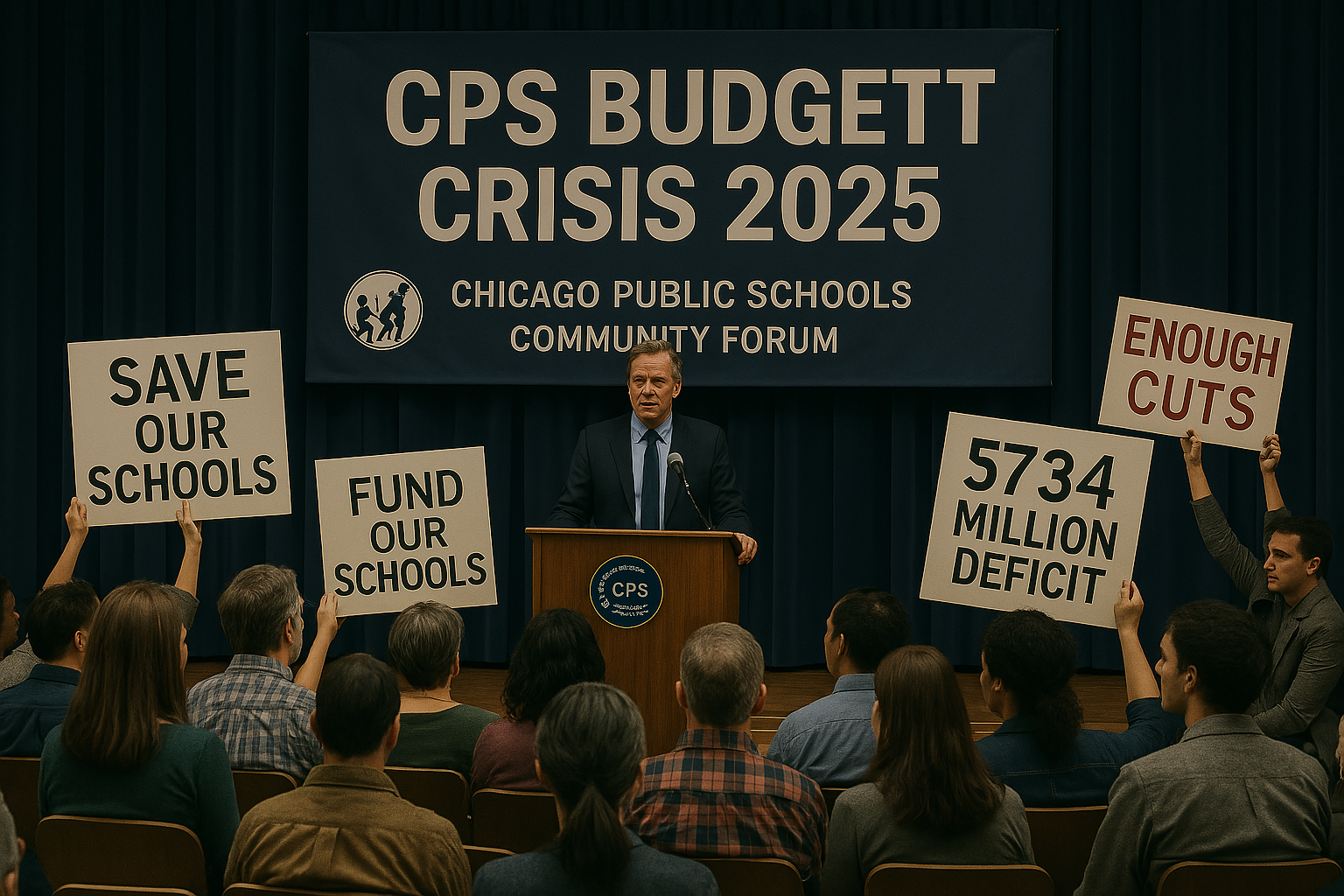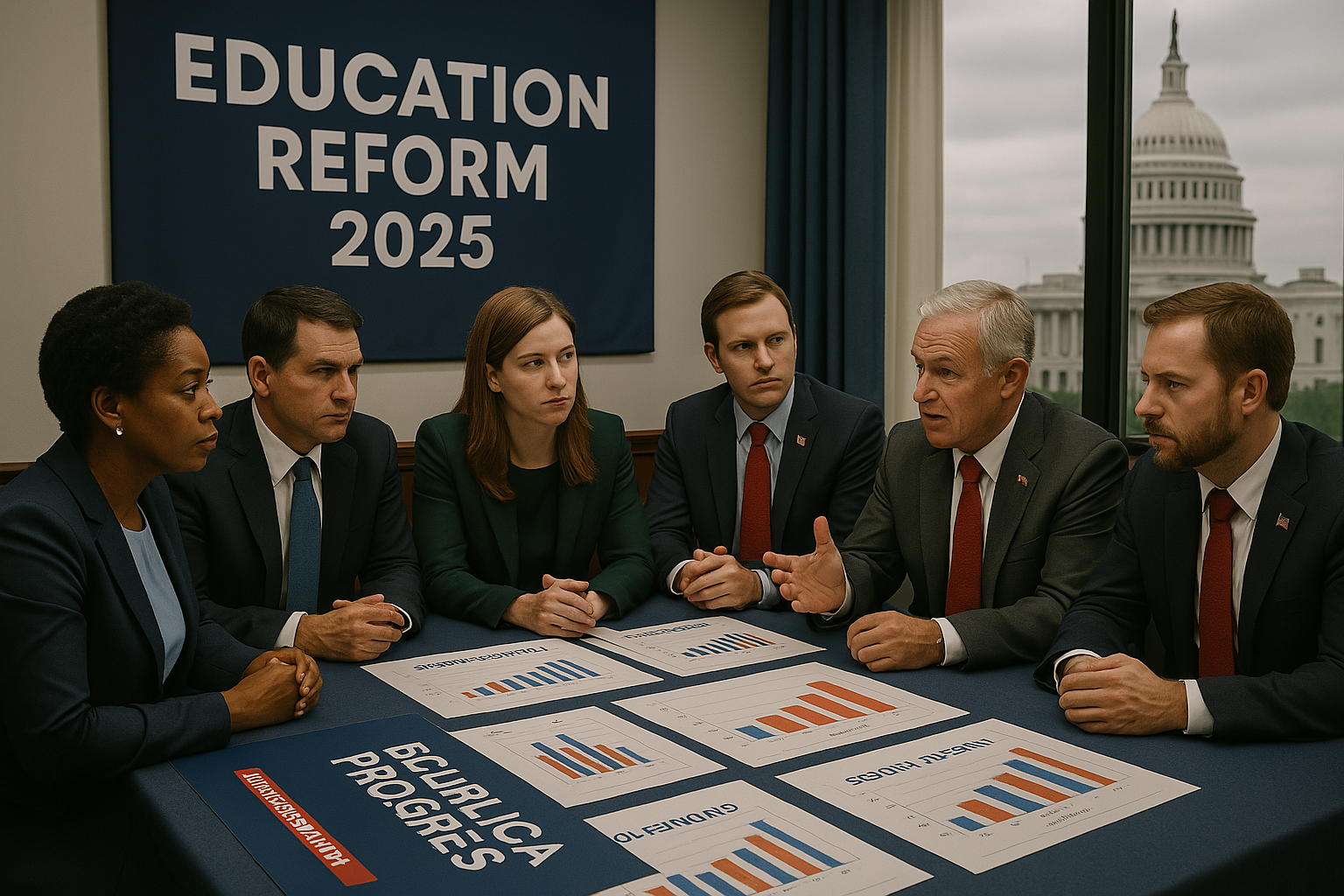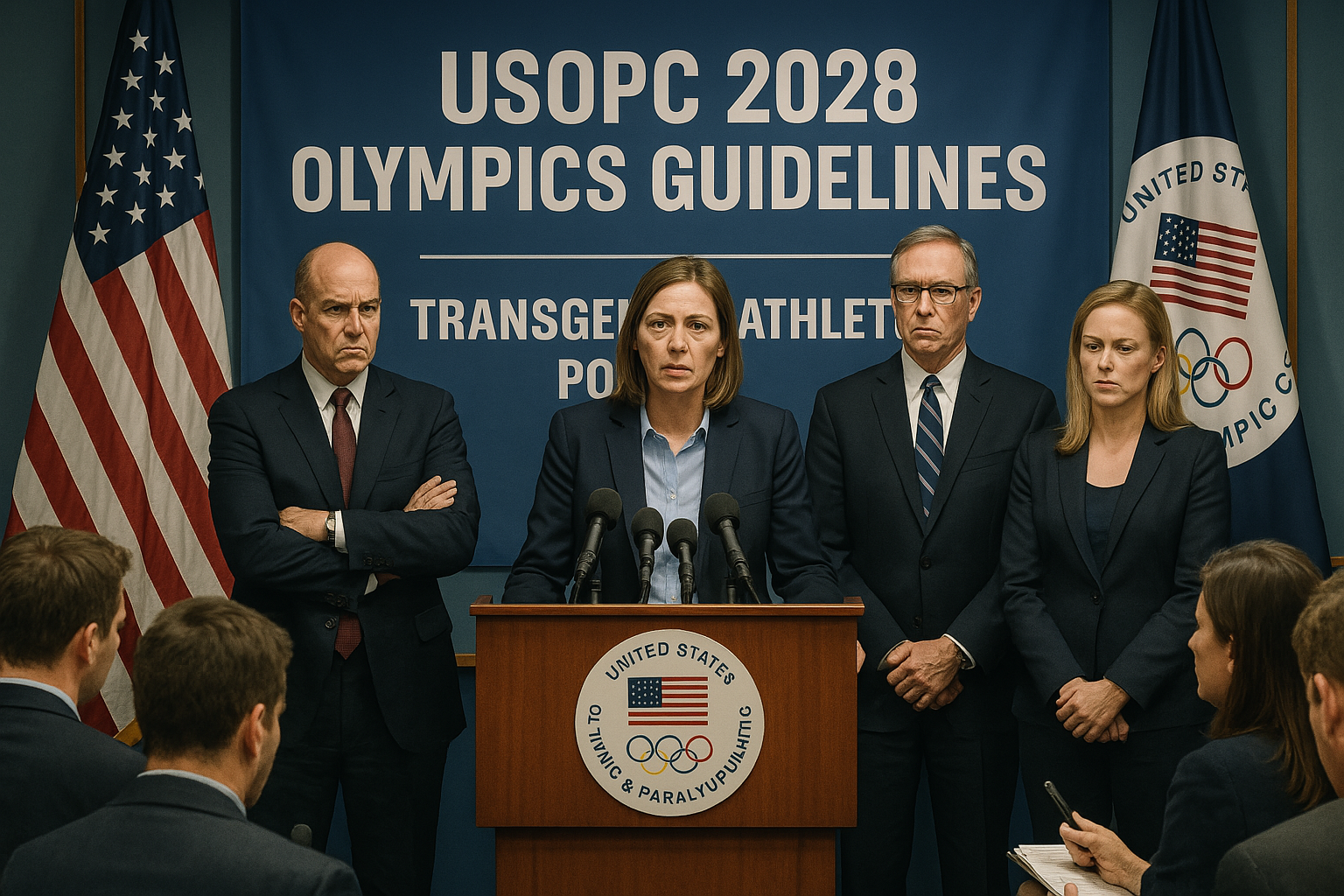Los Angeles Loneliness Epidemic 2025: Young Adults Face Post-COVID Isolation Crisis
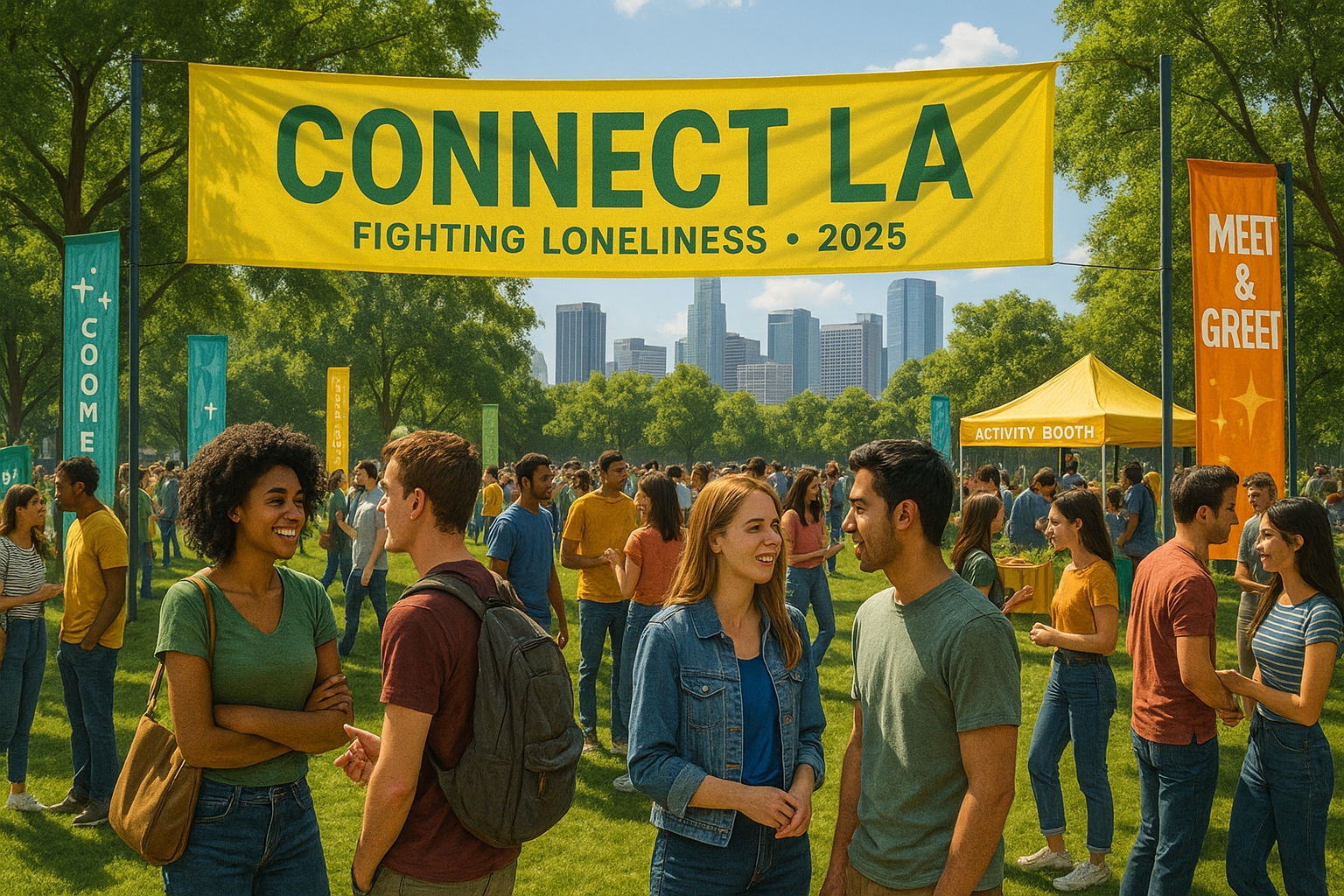
In 2025, Los Angeles is grappling with a loneliness epidemic among young adults, with 65% of 18- to 29-year-olds reporting chronic feelings of isolation, per a 2025 UCLA study cited by the Los Angeles Times. Exacerbated by post-COVID social shifts and economic pressures, this crisis is driving mental health challenges, including anxiety and depression. This article explores the causes, impacts, and solutions to the Los Angeles loneliness epidemic, drawing on sources like the Los Angeles Times, CDC, and X posts highlighting public sentiment.
Background of the Crisis
The loneliness epidemic stems from a mix of social, technological, and economic factors, amplified by the lingering effects of the COVID-19 pandemic.
Post-COVID Social Shifts
The pandemic’s social distancing measures disrupted traditional connections, with 70% of young adults in Los Angeles reporting fewer in-person interactions since 2020, per a CDC survey. Remote work, now adopted by 40% of LA’s workforce, has reduced workplace socialization, per the Los Angeles Times. Social media, while connective, often fosters superficial relationships, with 60% of Gen Z feeling “alone in a crowd” online, per a 2024 Harvard Graduate School of Education report. X posts, like @PsychToday’s, note that loneliness reflects unmet social needs, not just physical isolation.
Mental Health Impacts
Loneliness is linked to a 50% increase in anxiety and depression among LA’s young adults, per a 2025 UCLA study. The CDC reports that 63% of young adults nationwide experience significant mental health symptoms, with LA’s rates slightly higher due to urban stressors. Chronic loneliness triggers inflammation, raising risks for heart disease and cognitive decline, per the National Institute on Ageing. Emergency room visits for mental health crises in LA County rose 20% in 2024, per county health data, straining healthcare systems.
Economic and Social Drivers
LA’s high cost of living, with median rents at $2,800, forces 55% of young adults to live alone or with roommates, limiting social bonds, per the Los Angeles Times. Economic insecurity, with 30% of 18- to 29-year-olds facing unemployment or underemployment, reduces access to social activities, per city data. Marginalized groups, including LGBTQ+ youth and immigrants, report 60% higher loneliness rates due to discrimination, per a 2025 AMA report. These trends echo global patterns, like Australia’s loneliness challenges.
Impact on Young Adults
The loneliness epidemic is reshaping LA’s social and economic fabric. Young adults report a 25% decline in close friendships since 2019, per UCLA. Mental health crises have led to a 15% increase in workplace absenteeism, costing LA businesses $1.2 billion annually, per a 2025 Cigna study. Academic performance is suffering, with 40% of LA college students reporting difficulty focusing due to loneliness, per a USC survey. Social disconnection also fuels substance abuse, with opioid-related ER visits up 10% in 2024, per LA County health data.
Communities like Skid Row and South LA, already hit by homelessness, face compounded isolation, with 50% of young residents lacking social support, per the Los Angeles Times. X posts, like @25JessieSt, highlight how economic insecurity and lack of public spaces exacerbate loneliness, reflecting public frustration. This crisis mirrors challenges in New York’s campus tensions, where social disconnection fuels unrest. Internal Link: New York Antisemitism Surge 2025
Proposed Solutions
Los Angeles is mobilizing to address the loneliness epidemic through community, health, and policy initiatives.
Community-Based Interventions
Nonprofits like LA Community Alliance are launching “Connect LA” programs, hosting 200 free social events in 2025, from art workshops to volunteer drives, per the Los Angeles Times. These efforts, inspired by Chicago’s urban farming community hubs, aim to foster belonging, with 80% of participants reporting reduced loneliness, per a pilot study. Virtual groups, like Dr. Walker’s Mindful Mondays, have connected 1,000 young adults, per UCHealth.
Mental Health Support Programs
LA County is investing $20 million in mental health services, expanding teletherapy access for 50,000 young adults, per county records. UCLA’s Resilience Centre offers free workshops on coping with loneliness, drawing 5,000 attendees in 2024, per the Los Angeles Times. These programs, modelled on New Jersey’s community forums, emphasize peer support and skill-building, per NJ.com. The AMA advocates for integrating loneliness screenings into primary care, per a 2025 policy.
Policy and Infrastructure Changes
Mayor Karen Bass proposed a $10 million “Social LA” initiative to create walkable public spaces, like parks and libraries, to encourage interaction, per the Los Angeles Times. A 2025 city plan aims to convert 100 vacant lots into community gardens, inspired by Chicago’s Green City project, per Fox32 Chicago. Federal grants could fund transit improvements, reducing isolation for 30% of low-income residents, per a HUD proposal.
Challenges to Addressing Loneliness
Economic constraints, with LA’s $1 billion budget deficit, limit program funding, per city records. Stigma around loneliness, with 40% of young adults hesitant to seek help, hinders outreach, per UCLA. Social media’s role remains complex, with 50% of users reporting both connection and isolation, per a 2025 Pew Research study. Political divisions, like those seen in global trade tensions, distract from unified action, per Reuters.
Cultural barriers, particularly for marginalised groups, persist, with 45% of LGBTQ+ youth citing discrimination as a barrier to connection, per the AMA. X posts, like @publicvoiceuk, underscore the need for safe spaces to combat isolation. These challenges echo global issues, like Gaza’s humanitarian crisis, where disconnection exacerbates suffering.
The Path Forward
Los Angeles must prioritize accessible mental health services and inclusive public spaces to combat loneliness. A proposed $25 million state grant could expand community programs, per a July 2025 California Senate proposal. Public awareness campaigns, like the UK’s Campaign to End Loneliness, can reduce stigma, per WHO. By fostering genuine connections and addressing economic barriers, LA can mitigate the loneliness epidemic, setting a model for cities like Indianapolis facing similar social challenges.
